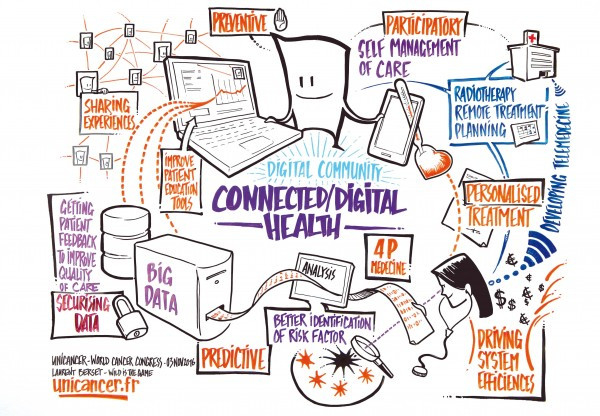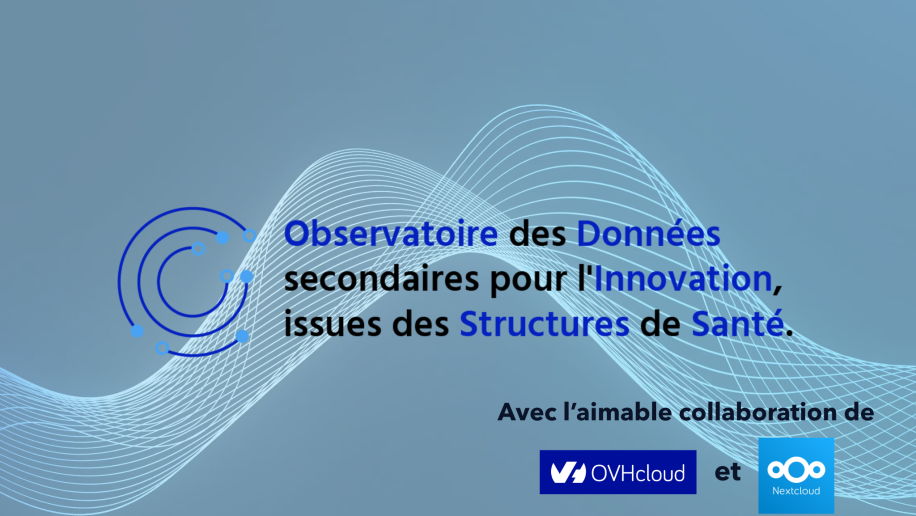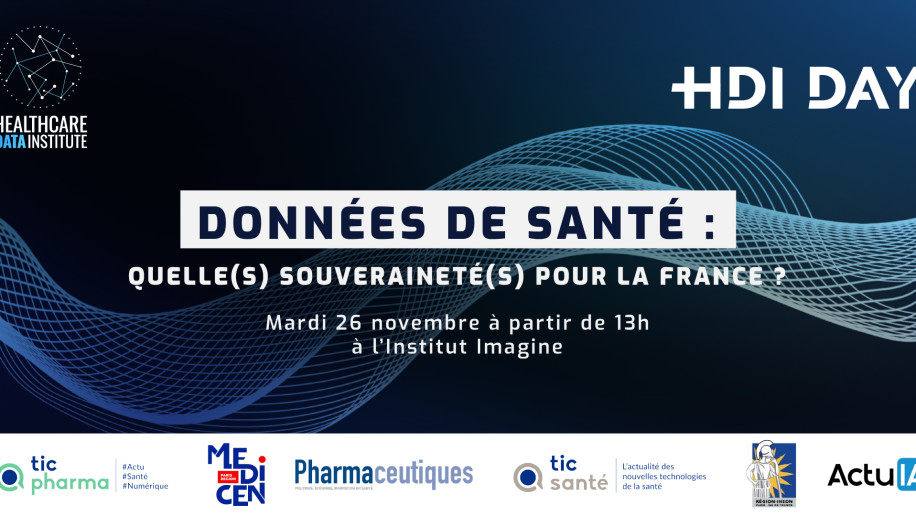UNICANCER Federation unites all of the French Comprehensive Cancer Centers (FCCC): these 20 private non-profit health institutions, located in the main French towns, are exclusively devoted to healthcare, research, education and training in oncology. The leading edge in oncology, key players nationally and internationally, the FCCC are part of the public health service and provide care for more than 135.000 patients per year, without any overrunning fees. UNICANCER’s R§D department is the driving force of UNICANCER’s research and, as an academic sponsor, works directly with the research units of the FCCC and of other health establishments in France and abroad. 5.400 patients are included in UNICANCER R§D-sponsored clinical trials, 76 clinical trials are ongoing at present, 270 investigator sites are involved in our trials (university hospitals, public and private hospitals, FCCC,) at national and international level. Due to its strong emphasis on clinical/translational research and its innovative approach, UNICANCER has launched two majors initiatives dealing with data: ESME (standing for Epidemiological Strategy and Medical Economics), and ConSoRe (Continuum Soins Recherche).
The ESME Research Program is the first academic real-life data platform(s) in oncology. It consists in retrospective real world data on cancer management, with the centralization of existing comprehensive data from the 20 FCCC. ESME describes cancer management over the past years in France, it provides data on innovative drugs (from pre-MA to real-life setting use), and helps identifying the therapeutic strategies currently used (e.g. the chemotherapy drugs used according to the curative treatment line). Moreover, it provides data to support the health economic models and requirements from Health Authorities, through medical and economic assessment of care patient/settings and therapeutic strategies, description of patient management/settings (cancer and/or patient characteristics, therapeutic management), description of reported outcomes (available in EMRs) that tend to impact the therapeutic strategy, description of the characteristics of patients enrolled in a clinical trial… ESME’s specifications are the hospitalization database (dates, diagnoses, GHS code), the treatment database (pharmacy record: dates, drugs, therapeutic protocols), and the patient database (collection based on electronic medical records, patient data such as cancer management, clinical events, pathological report, treatment, supportive care…). The first ESME data platform deals with metastatic breast cancer (mBC), it will host data of approx. 28.000 patients: a retrospective 2008 to 2013 data collection of 15.000 patients, plus an update since 2014 and new patients since then. It centralizes for the moment data from more than 19.500 patients, representing over 32 million individual data points to date. For all academic requests to the ESME database, we have started specializing 4 FCCC biometry departments to analyse complex databases. 15 academic and 5 industrial research projects are ongoing scheduled, scientific communications have already been held at ASCO, SABCS, ESMO, EPICLIN, SFC, CDDF, Biennales de cancérologie… The mBC database will be followed end of 2017 by an ovarian cancer database (14.000 selected patients expected), and we are working on to feasibility of a lung cancer platform for 2018 which would include non-FCCC establishments. We are discussing the next ESME projects, especially in metastatic colorectal, prostate cancers, and are considering the possibility of implementing a specific ESME for immunotherapy. We are initiating collaboration with the French National Cancer Institute (INCa) to extrapolate ESME data through the global Cancer Database and planning the potential linkage to SNIIRAM in order to match data obtained outside the FCCC.
The second Data Initiative launched a few years ago by UNICANCER deals with another question: how can we use electronic medical record to ensure the continuum between Bench and Bed-side? ConSore is first of all a local-search software which enables access to all data related to a request/patient. It is furthermore a national tool, which localizes and counts the patients through a request. It is not a data center, original data are untouched and it has no impact on the site activity. In order to facilitate translational research, ConSore aims mainly at easily identifying cohorts for clinical trials, making correlations between several patients’ cases across cancer centers, going deeper in the analysis of a patient case, and realizing medico-economical or epidemiological studies. The proof of concept was made in 2013-2014 with the help of 4 pilots (Institut Curie in Paris, Centre Georges-François Leclerc in Dijon, Institut regional du cancer in Montpellier, Centre Léon Bérard in Lyon) on 5 data sources: administrative data, PMSI, biobanks, pharmacy, patient files. We are at present in the process of installing ConSoRe in almost all FCCC. New projects are already being designed: data structuration to create cohorts of patients who have a second cancer and to identify the potential causes; clinical data structuration for an automatic completion of tumor sample databases with clinical information; development of a safety tool to identify adverse effects linked to drugs or devices. Currently, ConSoRe is thus a data mining tool which finds textual and structured data in the IT system of the hospital; in the future, it will become a data-aggregating tool from databases of several hospitals so that physicians can identify particular diseases or particular situations for a better care, and validate research hypotheses.





